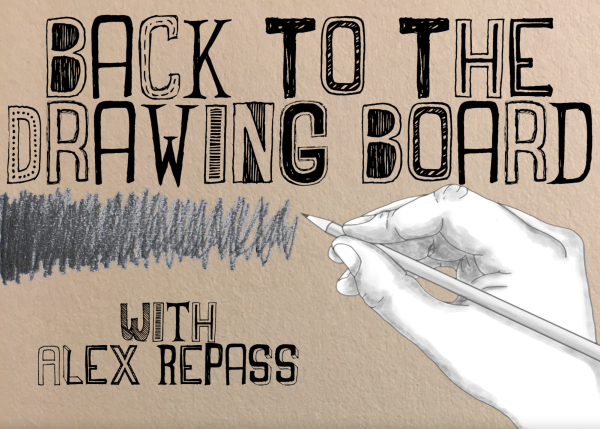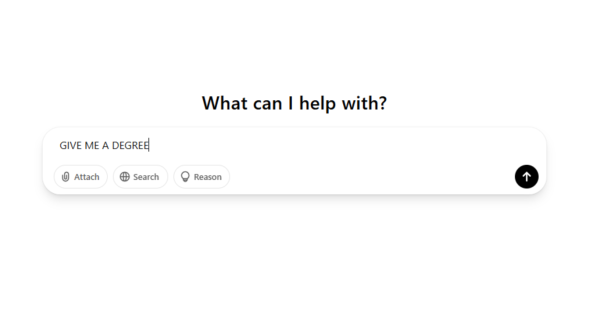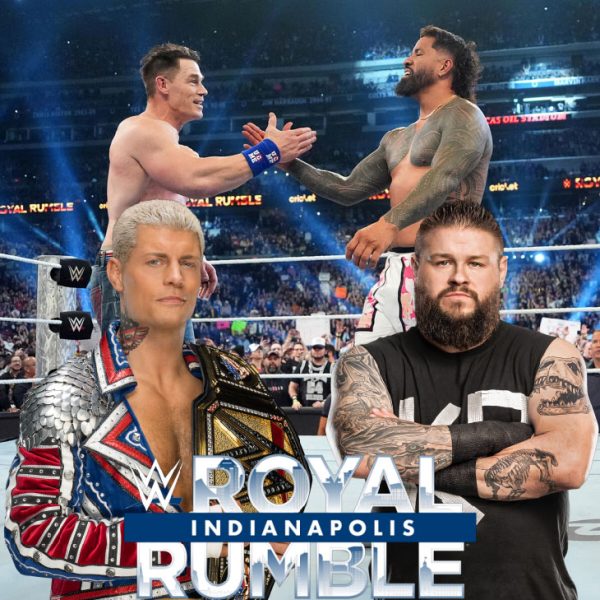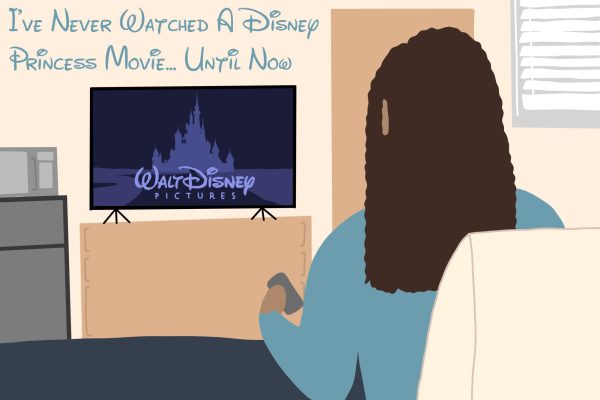“No offense:” A discussion of right and wrong
I have heard sentences begin with the phrase “no offense, but…” many times in my life. Spoiler alert: the rest of those sentences were never offensive. Not even remotely. But those sentences always contained the word “black.” People are afraid to use that word in front of a black person as if it is a derogatory term. Rest assured, it is not inherently derogatory, just like “white” is also not an inappropriate term to use while talking about a white person. At its most basic form, it’s a description. Nothing more and nothing less.
It is more offensive if you are afraid to use the word black when describing someone, and instead you say African American, which seems to be the default phrase. You’re forgetting the person you’re trying to describe could be Dominican or Haitian. You don’t know that person’s ethnic background, so you can’t just say African American. This implies that someone’s ethnicity is linked to Africa and it definitely might not be.
It’s all about education and your environment. If you’re not taught these things, or if you grew up in a predominantly white area, chances are you probably don’t know about what’s right or what’s wrong when it comes to these situations.
Ignorance is a huge part of the issue of racism and bigotry in our country. An example of such ignorance, aside from fear behind the use of “black,” is legitimately questioning why there is no White History Month. Please stop and take a moment to think about how that sounds.





